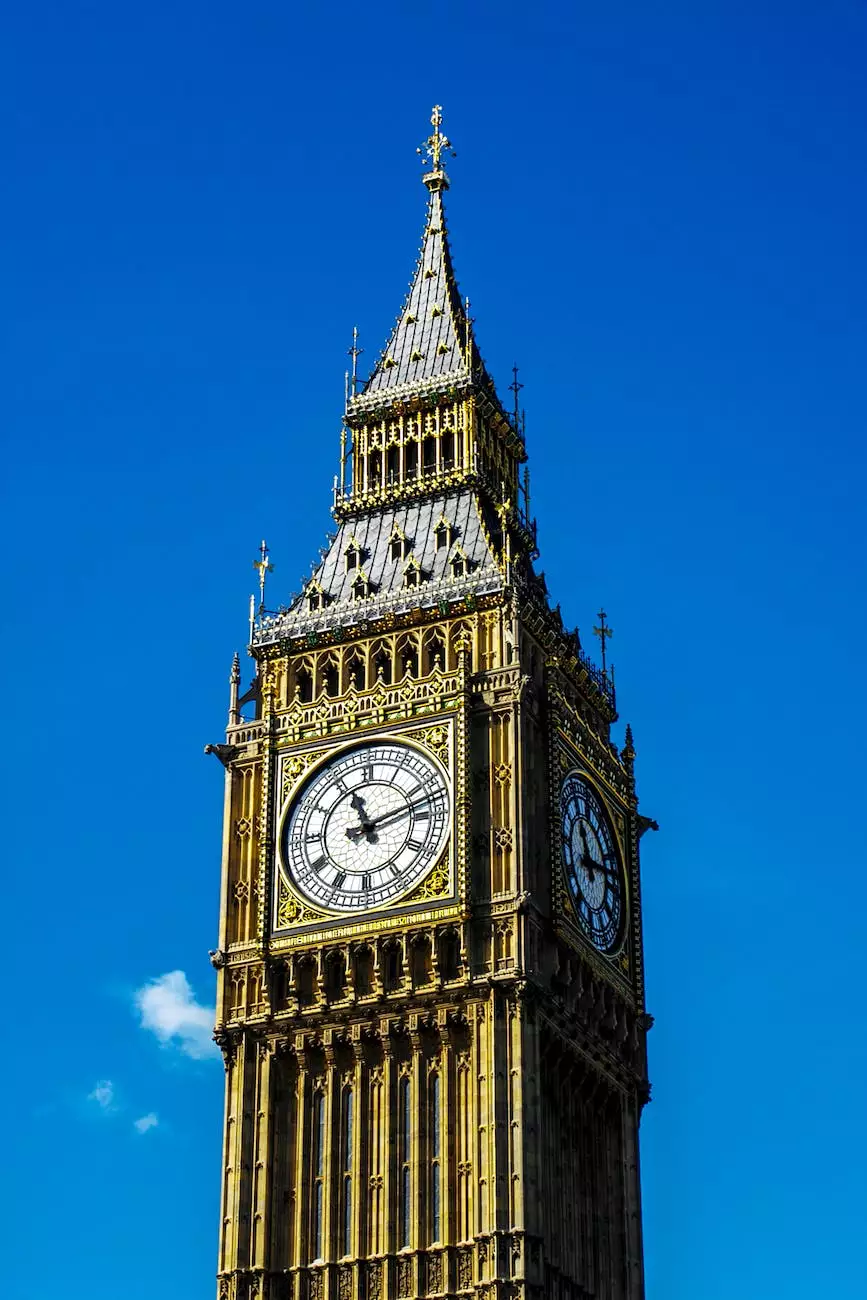How To Use In Case vs. If – English Vocabulary Lesson
English Vocabulary Lessons
Understanding the Difference between 'In Case' and 'If'
In the English language, there are various phrases and expressions that might seem similar but have distinct meanings. Two such examples are 'in case' and 'if.' While both phrases relate to the potential occurrence of an event, they differ in their specific usage and implications.
What is 'In Case'?
'In case' is a phrase commonly used to express precaution or preparation for a possible future event. It suggests taking action in advance to be ready for something that might happen. 'In case' implies a proactive approach, ensuring one is prepared for any potential situation. It is often used when there is a chance of something occurring, but the likelihood may be uncertain.
Examples of 'In Case'
- I always bring an umbrella in case it rains.
- She carries her phone charger in case her battery dies.
- He set an alarm in case he overslept.
What is 'If'?
'If' is a conditional word that introduces a hypothetical situation or condition. It is used to discuss potential outcomes, assuming a certain condition is met or an event occurs. Unlike 'in case,' 'if' does not imply any specific action taken beforehand. It is often used to address possibilities or consequences based on a particular circumstance.
Examples of 'If'
- If it rains, we will stay indoors.
- He will attend the party if he finishes his assignments.
- If I had more money, I would buy a new car.
Usage Tips for 'In Case' and 'If'
1. 'In Case' Usage
'In case' is commonly used in the following scenarios:
- In case of emergencies: Always keep a first-aid kit in your car in case of accidents.
- In case of delays: Arrive early for your flight in case there are any delays.
- In case of changes: Keep your supervisor informed in case there are any schedule changes.
2. 'If' Usage
'If' is commonly used in the following scenarios:
- Possible conditions:If it snows, school might be canceled.
- Hypothetical situations:If I won the lottery, I would travel the world.
- Speculating outcomes:If you eat healthy and exercise, you will feel better.
Distinguishing Between the Two
The key distinction between 'in case' and 'if' lies in their intended purposes. While 'in case' emphasizes the need for preparedness, 'if' focuses on hypothetical situations and conditional outcomes.
Mastering the Correct Usage
Understanding the appropriate use of 'in case' and 'if' can significantly enhance your English language skills. Whether you are engaging in conversations, writing formal documents, or expressing your thoughts, using these phrases correctly will help you convey your intended meanings accurately.
Conclusion
In conclusion, 'in case' and 'if' may seem similar, but they serve distinct purposes in English vocabulary. 'In case' prepares for possible future events, while 'if' explores hypothetical conditions. By mastering their usage, you can effectively communicate and express yourself in various contexts.
For more comprehensive English vocabulary lessons and language learning resources, visit NJCLT today!










